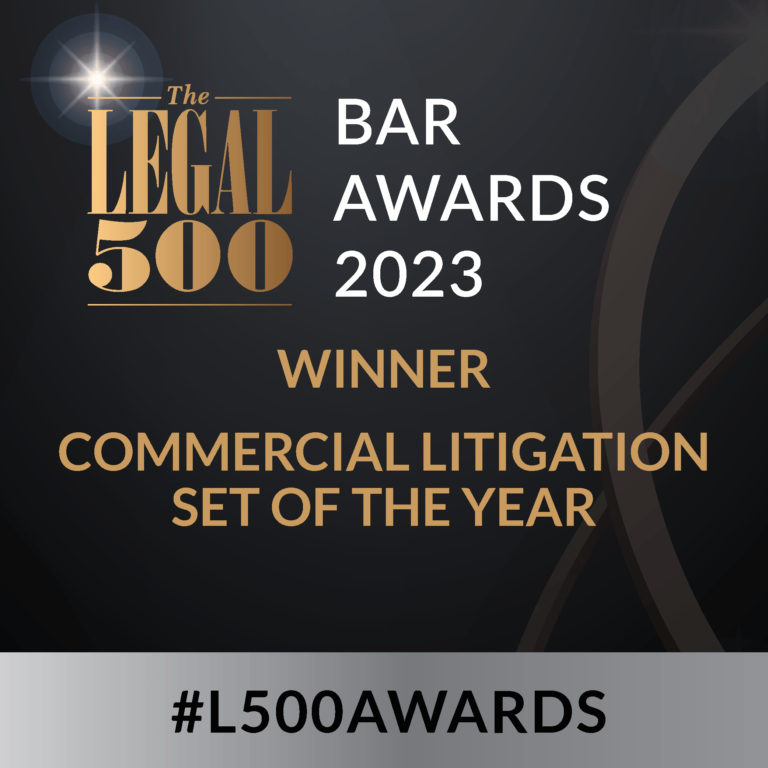Commercial Court in London clarifies scope of challenges under section 67 of the Arbitration Act 1996
An important decision was handed down today concerning challenges under section 67 of the Arbitration Act 1996. The grounds for challenging arbitration awards in court are limited. This legislative policy respects the desire of commercial parties for finality and gives effect to the autonomy of arbitral tribunals. One ground for challenge is that the arbitral tribunal lacked jurisdiction. The rationale of this ground is that where the parties have not agreed to a tribunal deciding its dispute then the court can and should interfere on a de novo basis.
In SL Mining Limited v The Republic of Sierra Leone, the court was concerned with the effect of a contractual provision that the parties were under “good faith endeavour to reach an amicable settlement of all differences of opinion or disputes” and that the parties were able to submit their disputes to arbitration “in the event that the parties are unable to reach an amicable settlement in a period of 3 months from a written notice …”. The underlying dispute between the parties related to the alleged suspension and cancellation of a mining licence. SL Mining served a written notice of dispute. Sierra Leone argued that the ICC tribunal (Professor Fabien Gélinas, Justice Sanju Monageng and Dr Michael Pryles AO PBM lacked jurisdiction because the arbitration was started within the period of 3 months of the written notice. The ICC tribunal dismissed the challenge in a partial final award.
Sierra Leone brought a section 67 challenge to the award on the basis that the 3-month period was a contractual precondition that was jurisdictional. SL Mining argued that the application should be dismissed because the challenge was not a question of jurisdiction but rather a question of admissibility that was outside section 67. It contended that compliance with the clause in question did not fall within any of the three definitions of the Tribunal’s “substantive jurisdiction” under section 30(1) of the 1996 Act. It also argued that Sierra Leone was precluded from arguing that the tribunal lacked jurisdiction by virtue of its participation and conduct in the arbitration.
Sir Michael Burton GBE (sitting as a judge of the High Court) held that the challenge related to admissibility and fell outside section 30 of the 1996 Act. In reaching his conclusion, the Judge referred to several academic articles, textbooks, as well as caselaw in the US, Singapore and decisions of international tribunals. He also held and even if there were a challenge to jurisdiction it would fail on various grounds including Sierra Leone’s consent to the commencement of arbitration in the 3-month period. Sierra Leone’s application was dismissed.
The decision will have important implications to cases where is alleged that failure to comply with contractual preconditions to arbitration can be reviewed by the Court under section 67 of the 1996 Act by way of a re-hearing. The effect of the decision is to confirm that it will be arbitral tribunals and not the court who finally decide disputes about preconditions for the use of arbitration. It was common ground between the parties that the dispute resolution clause was binding but cases like Wah v Grant Thornton (2013) and Emirates Trading v Prime Mineral Exports (2015) will need to be looked at in the light of the decision insofar as they might suggest that preconditions to arbitration are jurisdictional. In those cases it appears to have been assumed that a challenge under section 67 was possible.
The decision confirms the robust arbitration-friendly approach under the regime of the 1996 Act and the limited grounds on which the Courts will interfere with awards. By excluding admissibility challenges from the ambit of section 67, English law leaves it to the tribunal to decide not only the issues that they are mandated by the parties to decide but also whether the contractual duty to arbitrate has arisen.
Ali Malek QC appeared for SL Mining with Thomas Sprange QC and Kabir Bhalla of King & Spalding International LLP.
The final decision can be viewed here.










